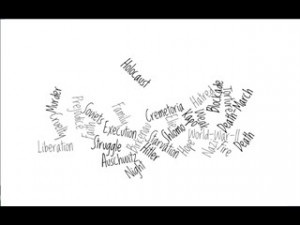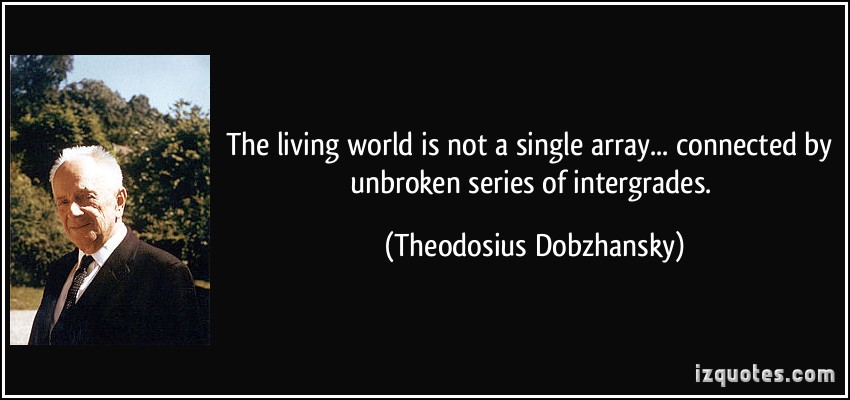

We had transcended everything-death, fatigue, our natural needs. We were the masters of nature, the masters of the world. Therefore, he doesn’t want to bow down before the divine authority. He is angry because God is doing nothing while millions of people were already burned or shot to death and thrown in the mass graves. On a Jewish holiday, Eliezer questions his belief of blessing God. Because He caused thousands of children to burn in His mass graves? Why, but why would I bless Him? Every fiber in me rebelled. Eliezer wonders how indifferent he had become from a fiery young man to a person who couldn’t care. In the minds of the Jewish people, they knew they had to bear the oppression for the sake of family and religion. It means that the authority and power of the Germans were stronger and they feared them. He was in shock and could not do anything. Had I changed that much?Įliezer recalls the moment when a Kapo slapped his father. Only yesterday, I would have dug my nails into this criminal’s flesh. My father had just been struck, in front of me, and I had not even blinked. The seven seals are a symbol of something stronger taken from Judaism. That night has transformed itself into a permanent memory in his mind. He lost his innocence, and his memory is locked. That night changed everything as the Holocaust began. Quote #5ĮVER SHALL I FORGET that night, the first night in camp, that turned my life into one long night seven times sealed?Įliezer speaks these lines to himself, saying that he would not forget that night when he entered the camps. They were afraid that they would also start screaming after a few days if she continued in that way. Although they were thirsty and feeling suffocating, her screams were adding to their woes. A few more days and all of us would have started to scream.Įliezer narrates that all the Jews are piled up in a train where a lady, Madame Schachter, starts screaming. Yet all that was nothing compared to her screams, which tore us apart.

The heat, the thirst, the stench, the lack of air, were suffocating us. His father Shlomo says that this is not a deadly sign as it is only a yellow star. Perhaps it was because he did not want to worry others about the yellow signs asked by the Germans that the Jews should display. The narrator, Eliezer, is stating that his father was not depressed at all. My father’s view was that it was not all bleak, or perhaps he just did not want to discourage the others, to throw salt on their wounds: “The yellow star? So what? It’s not lethal…”

Moishe then meets Eliezer and repeats his warning. There is a first-order from the German that Jews cannot leave their homes or face the death penalty. Moishe the Beadle meets Eliezer and tells him that he had already warned the people of Sighet that they would be killed. Moishe the Beadle came running to our house. First edict: Jews were prohibited from leaving their residences for three days, under penalty of death. He tells him that a question has its own power. Then when he cannot find answers, Moishe the Beadle tells him the importance of asking a question and finding its answer. At this stage, these questions seem strange. He even questions himself why he prays, and why he lives. He explained to me, with great emphasis, that every question possessed a power that was lost in the answer…Įliezer speaks about his religious knowledge. “I don’t know.” From that day on, I saw him often. Why did I live? Why did I breathe? “I don’t know,” I told him, even more troubled and ill at ease.


 0 kommentar(er)
0 kommentar(er)
